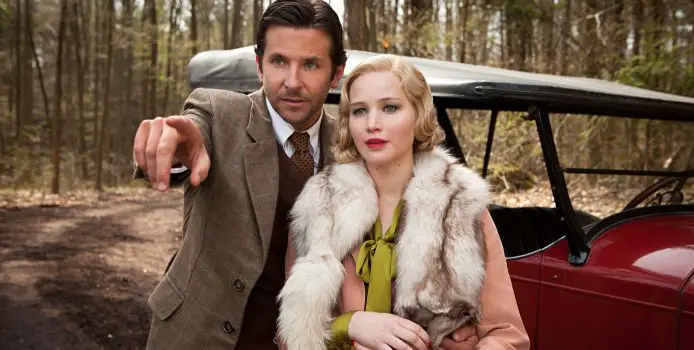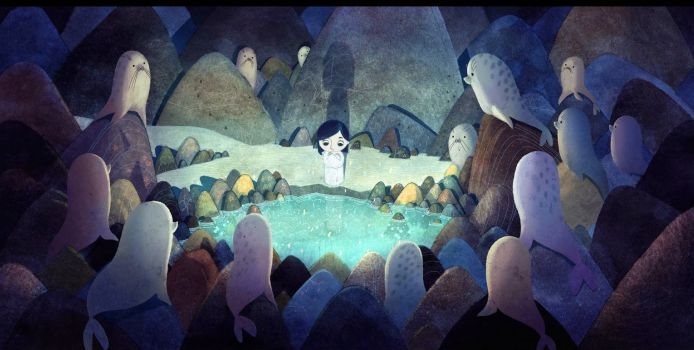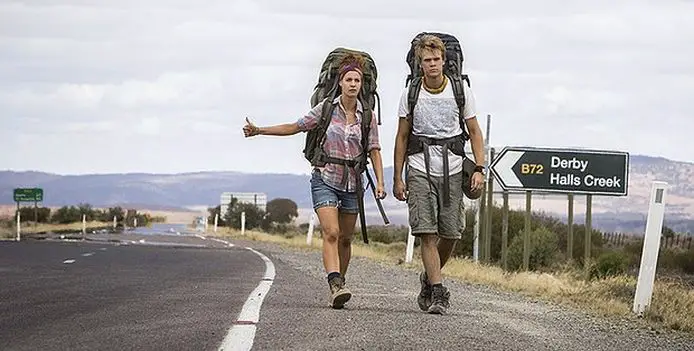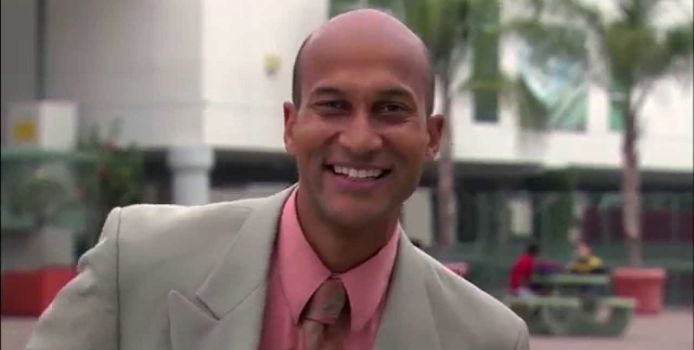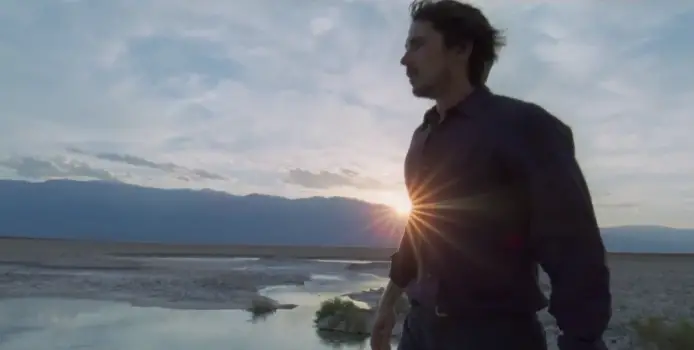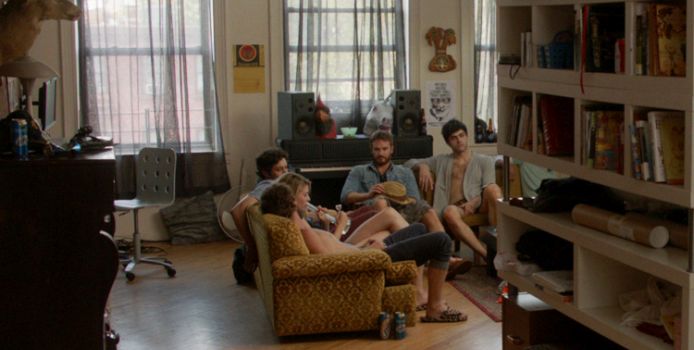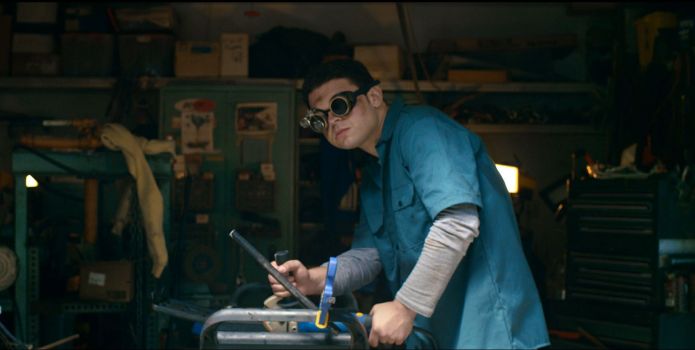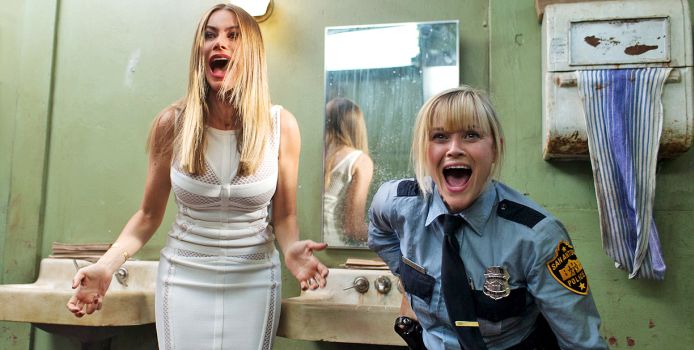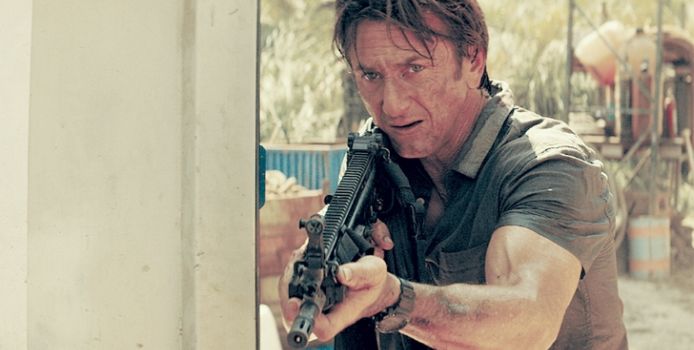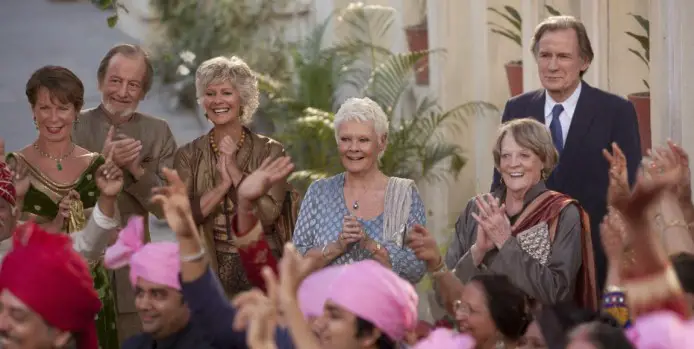
I have to admit, I was a little excited to see that a sequel had been made to The Best Exotic Marigold Hotel. I had liked it and was curious as to what had happened to the characters. But what is more, I went to see the first film with my grandmother and I knew how much she and her friends liked it.
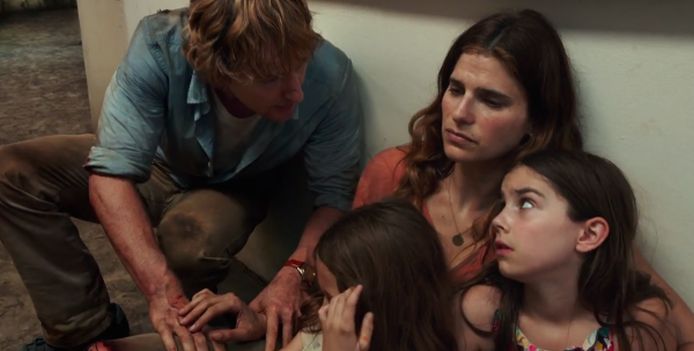
As a person I am usually against being politically correct because people become extremely sensitive to certain issues. Even then I must admit my hypocrisy when certain issues are expressed in the most inane and simple ways just to sell a ticket. This is not something unusual for Hollywood, many of their films have no sense of true empathy for characters that can be considered “other”.
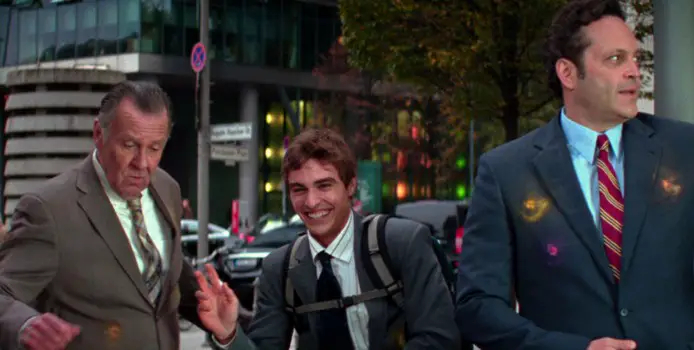
Unfinished Business was something of a surprise to hear about, but the combination of Vince Vaughn, Tom Wilkinson and Dave Franco was enough to convince me that it might be worth a shot. Coming across as a clichéd but entertaining story of down on their luck business men on a European jaunt, I expected some impressive improvisational comedy from Vaughn, some gravitas from Wilkinson, and maybe something worthy of note from Dave Franco (who was great in Now You See Me). But, as we all know, expectations are a dangerous thing.
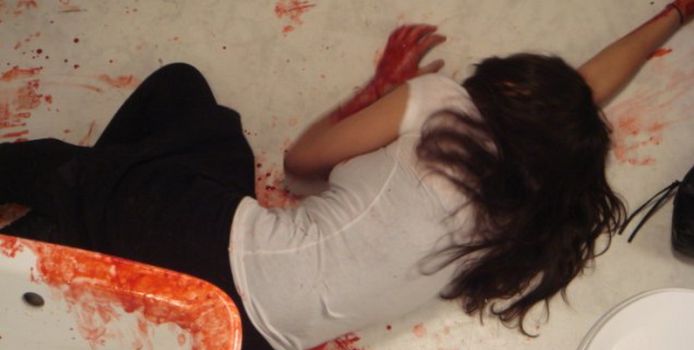
Film Noir is not an easy genre to tackle nowadays, simply because trends in culture have changed. The hard-boiled detective of the black and white screen, the one with the alienated, tough exterior and a penchant for femme fatales – think Dana Andrews in Laura or Bogie in The Big Sleep – would cause no more than a snicker, so removed are they from the world we witness every passing day. Our post-modernist mindset asks for the type of heroes we find authentic, those we can relate to, this is why the grand days of Film Noir have passed – which is not to say some of its elements cannot be used for fine, fine cinema.
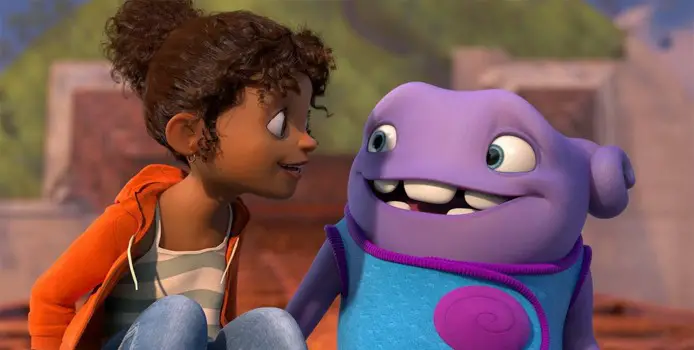
An animated film that is targeted towards young children should be colorful, with lots of movement and hopefully an outlandish character or two. Most importantly, though, it must have heart. It should tackle themes that are important to kids, and provide lessons that they can take away from the cinema and begin to apply to real life, not just in the way that they behave but also in the way that they understand the world around them.
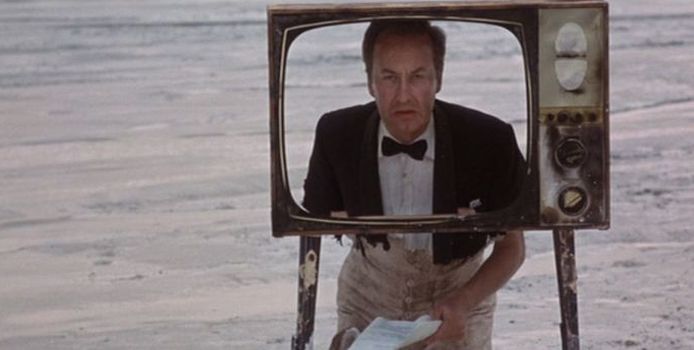
One of the more curious cultural changes in the post-war era was the cinematic climate that permeated in the United Kingdom in the years following WWII. These movies vary from paranoid thrillers, atomic-age science fiction and docudrama’s that veer on a level of horror due their level of accuracy regarding the terrifying nature of nuclear war. The feature films that came out in this period are terrifying on varying levels; one of those being the self-reflective element that is so common in movies and that reflection was cast by the looming possibility of WWIII.


